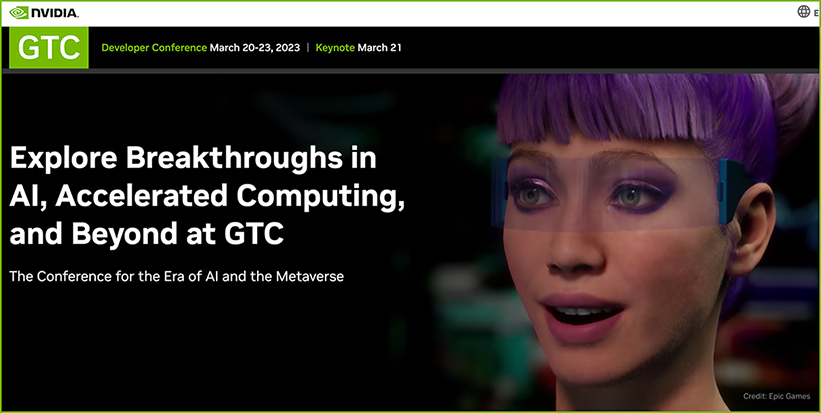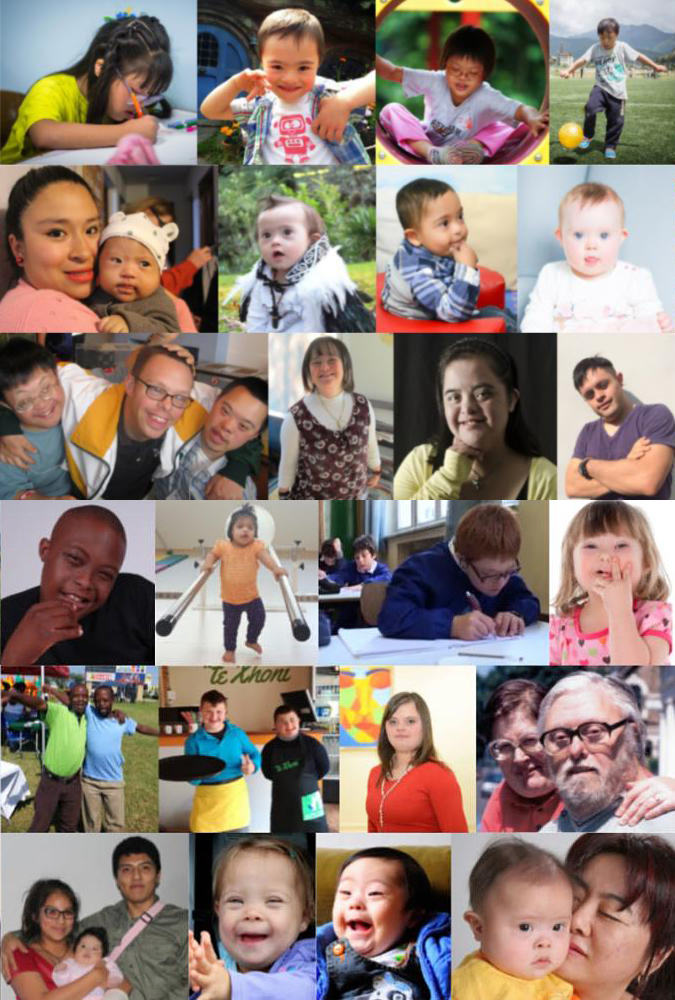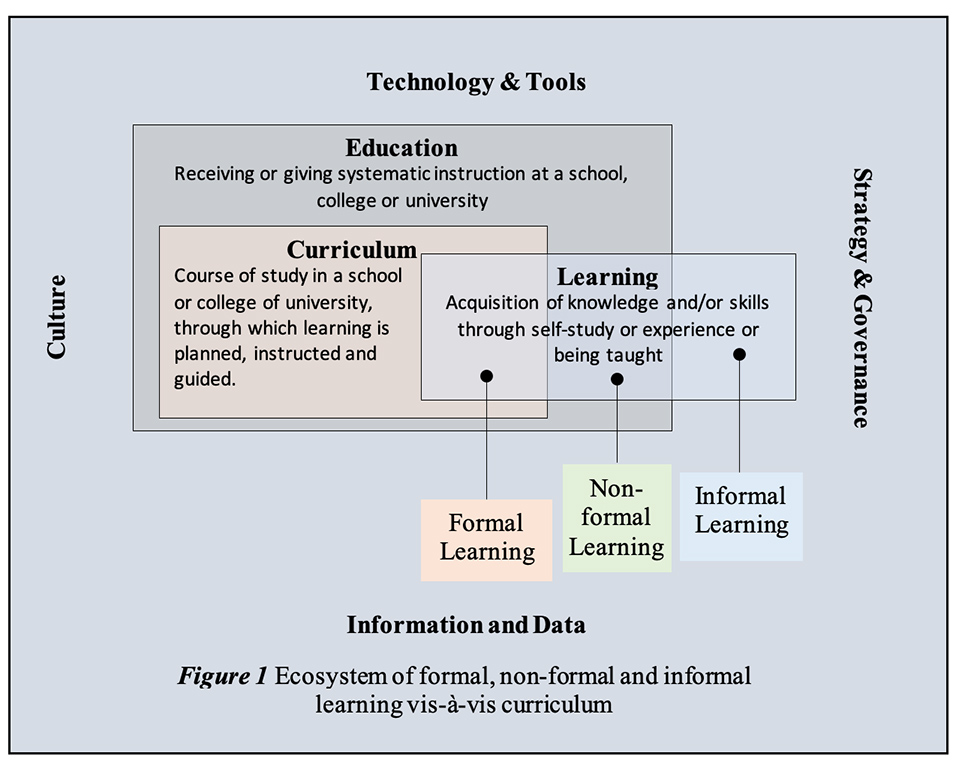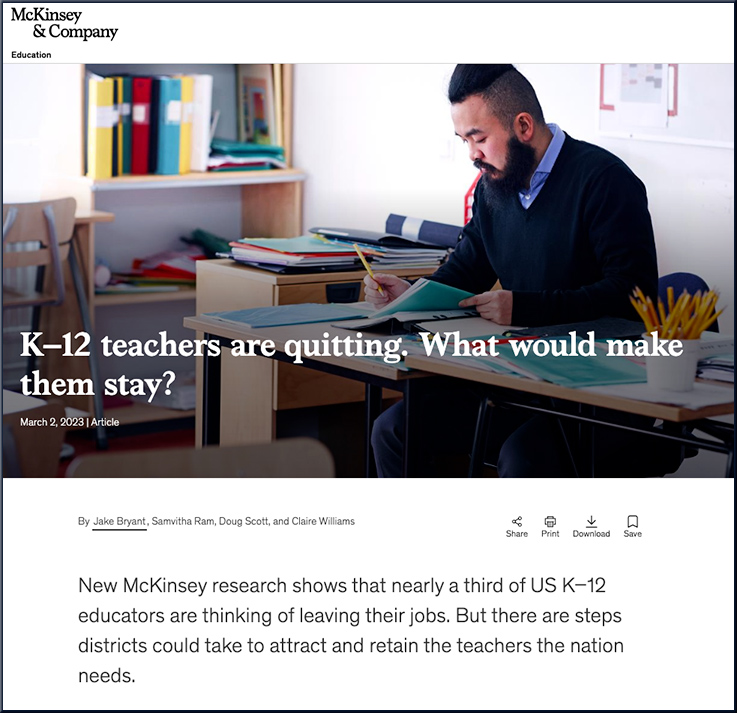Nvidia will bring AI to every industry, says CEO Jensen Huang in GTC keynote: ‘We are at the iPhone moment of AI’ — from venturebeat.com by Sharon Goldman
Excerpt:
As Nvidia’s annual GTC conference gets underway, founder and CEO Jensen Huang, in his characteristic leather jacket and standing in front of a vertical green wall at Nvidia headquarters in Santa Clara, California, delivered a highly-anticipated keynote that focused almost entirely on AI. His presentation announced partnerships with Google, Microsoft and Oracle, among others, to bring new AI, simulation and collaboration capabilities to “every industry.”
Introducing Mozilla.ai: Investing in trustworthy AI — from blog.mozilla.org by Mark Surman
We’re committing $30M to build Mozilla.ai: A startup — and a community — building a trustworthy, independent, and open-source AI ecosystem.
Excerpt (emphasis DSC):
We’re only three months into 2023, and it’s already clear what one of the biggest stories of the year is: AI. AI has seized the public’s attention like Netscape did in 1994, and the iPhone did in 2007.
New tools like Stable Diffusion and the just-released GPT-4 are reshaping not just how we think about the internet, but also communication and creativity and society at large. Meanwhile, relatively older AI tools like the recommendation engines that power YouTube, TikTok and other social apps are growing even more powerful — and continuing to influence billions of lives.
This new wave of AI has generated excitement, but also significant apprehension. We aren’t just wondering What’s possible? and How can people benefit? We’re also wondering What could go wrong? and How can we address it? Two decades of social media, smartphones and their consequences have made us leery.
ChatGPT plugins — from openai.com
Excerpt:
Users have been asking for plugins since we launched ChatGPT (and many developers are experimenting with similar ideas) because they unlock a vast range of possible use cases. We’re starting with a small set of users and are planning to gradually roll out larger-scale access as we learn more (for plugin developers, ChatGPT users, and after an alpha period, API users who would like to integrate plugins into their products). We’re excited to build a community shaping the future of the human–AI interaction paradigm.
We’ve added initial support for ChatGPT plugins — a protocol for developers to build tools for ChatGPT, with safety as a core design principle. Deploying iteratively (starting with a small number of users & developers) to learn from contact with reality: https://t.co/ySek2oevod pic.twitter.com/S61MTpddOV
— Greg Brockman (@gdb) March 23, 2023
Bots like ChatGPT aren’t sentient. Why do we insist on making them seem like they are? — from cbc.ca by Matt Meuse
‘There’s no secret homunculus inside the system that’s understanding what you’re talking about’
Excerpt:
LLMs like ChatGPT are trained on massive troves of text, which they use to assemble responses to questions by analyzing and predicting what words could most plausibly come next based on the context of other words. One way to think of it, as Marcus has memorably described it, is “auto-complete on steroids.”
Marcus says it’s important to understand that even though the results sound human, these systems don’t “understand” the words or the concepts behind them in any meaningful way. But because the results are so convincing, that can be easy to forget.
“We’re doing a kind of anthropomorphization … where we’re attributing some kind of animacy and life and intelligence there that isn’t really,” he said.
10 gifts we unboxed at Canva Create — from canva.com
Earlier this week we dropped 10 unopened gifts onto the Canva homepage of 125 million people across the globe. Today, we unwrapped them on the stage at Canva Create.
Google Bard Plagiarized Our Article, Then Apologized When Caught — from tomshardware.com by Avram Piltch
The chatbot implied that it had conducted its own CPU tests.















